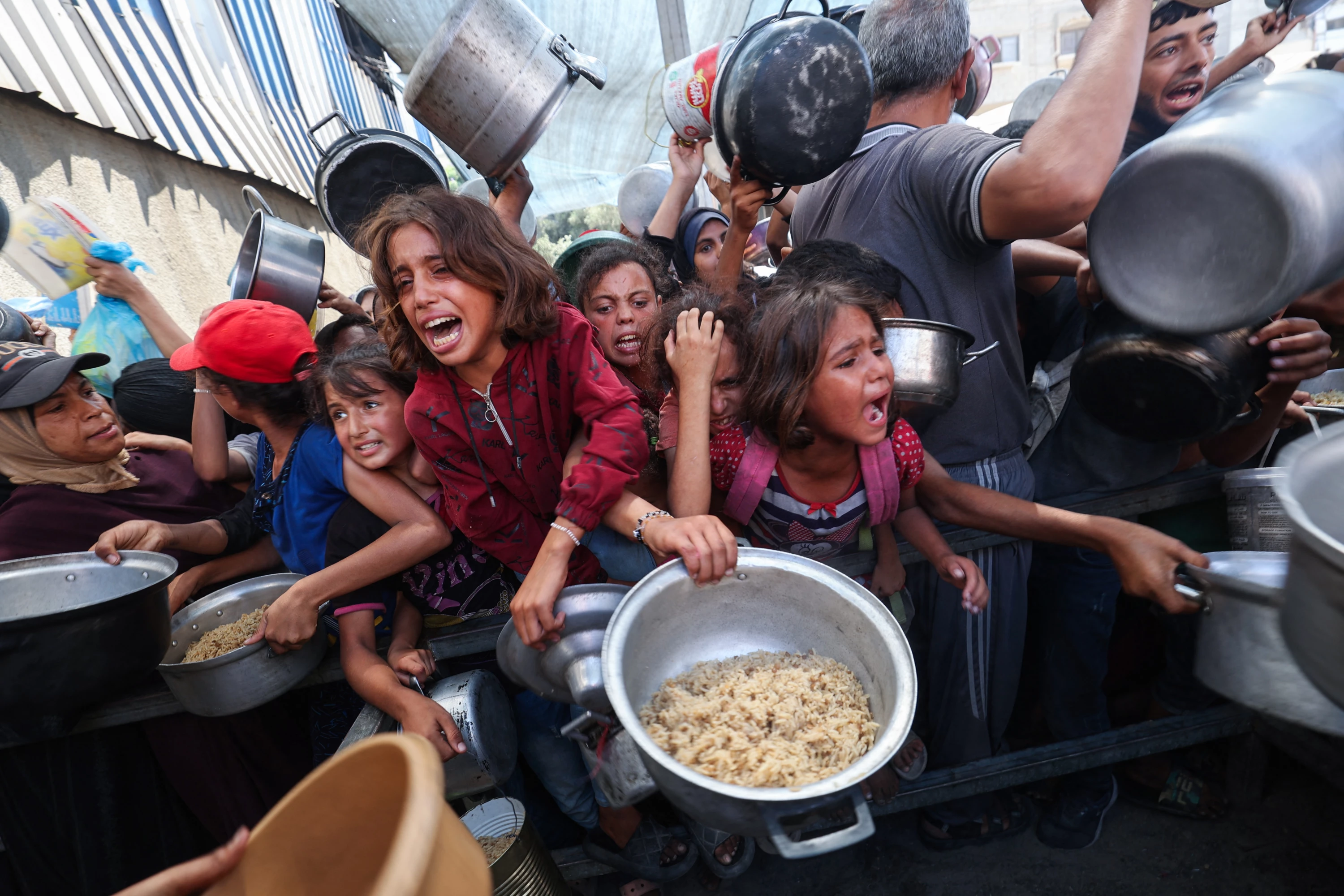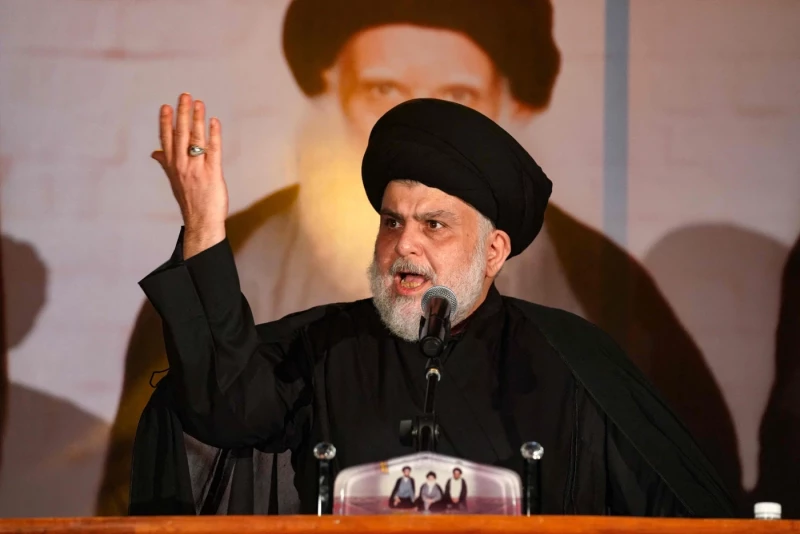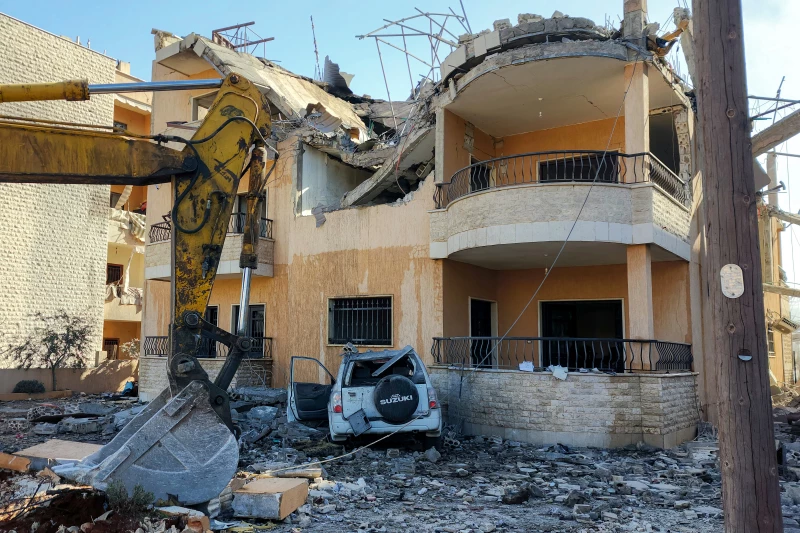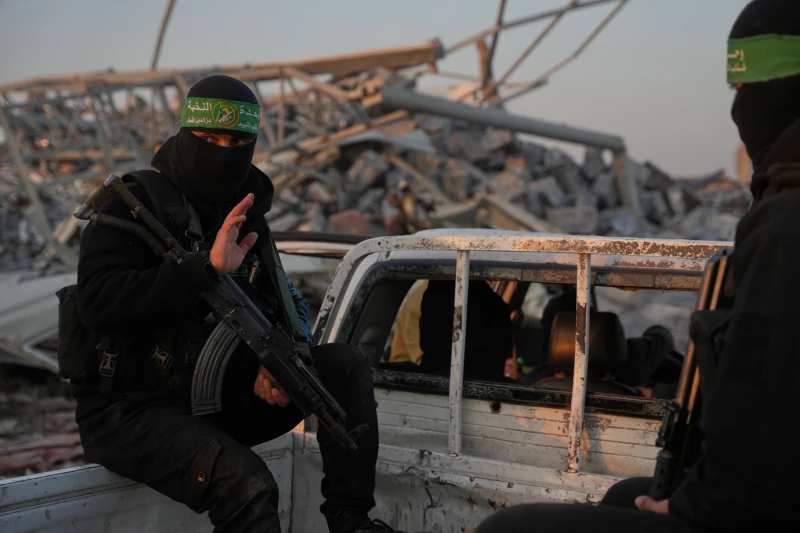ERBIL, Kurdistan Region of Iraq - The International Court of Justice (ICJ) on Wednesday said that Israel is under obligation to facilitate the passage of humanitarian aid into Gaza and ensure access to “essential supplies and health services.”
Israel’s obligations under the law of occupation have “increased significantly” due to its growing control over the Gaza Strip, the UN court said Wednesday.
Israel has severely limited the entry of humanitarian aid into the Gaza Strip since March.
The ICJ highlighted Israel’s duty not to restrict the activities of the UN and other international organizations if such restrictions “create or contribute to conditions of life that would force the population to leave.”
Despite the blockade, the UN agency for Palestinian refugees (UNRWA) continues to operate in Gaza, running health centers, mobile medical teams, sanitation services, and schools, while thousands of trucks of aid are reportedly waiting to enter the Strip.
The court also found that Israel is under obligation “not to use starvation of civilian population as a method of warfare.”
At least 460 people, including 154 children, have died in the Strip due to starvation and malnutrition, according to the Gaza health ministry. The ministry also reports that over 50,000 children under the age of five are suffering with severe malnutrition.
The ICJ emphasized that Israel must provide Palestinians in the Occupied Territories with “essential supplies and health services,” ensure evacuees “must be returned home as soon as hostilities…cease,” and allow the Red Cross access to detained persons.
The ICJ’s statements were part of its “advisory opinion” regarding Israel’s presence in Palestinian territories, and are not legally binding.
Hamas welcomed the court’s advisory opinion, saying the ruling constitutes “a clear call to the international community to take immediate action to ensure the entry of humanitarian aid and not to allow it to be politicized or used as a tool of pressure by the occupation.”
The Israeli foreign ministry on the other hand said it “categorically rejects” the ICJ’s advisory opinion on UNRWA, calling it “yet another political attempt to impose political measures against Israel under the guise of international law.”
The US State Department described the ICJ advisory opinion as “another corrupt ruling,” calling it “nothing more than a partisan political tool.”
In August, the World Health Organization reported that more than half a million people in Gaza are facing famine, with widespread starvation, destitution, and preventable deaths.
After a ceasefire between Israel and Hamas, brokered by US President Donald Trump, went into effect on October 10, Israel announced it would reopen the Rafah border crossing between Gaza and Egypt to allow humanitarian aid.
The Palestinian Government Media Office in Gaza on Tuesday revealed that, on average, 89 aid trucks have been allowed entry into the Strip by the Israeli forces on a daily basis since the ceasefire took effect, while the agreement calls for 600 trucks to enter.
Israel's offensive in Gaza has killed over 67,000 people, most of whom are civilians, according to Gaza's health ministry. The genocide has drawn growing international backlash, most recently seen in a torrent of recognition of Palestinian statehood by Western countries, placing pressure on Israel and its allies to halt the conflict.
In November 2024, the International Criminal Court issued arrest warrants for Israeli Prime Minister Benjamin Netanyahu and former Defense Minister Yoav Gallant, after finding reasonable grounds that they each bear “criminal responsibility” for “the war crime of starvation as a method of warfare; and the crimes against humanity of murder, persecution, and other inhumane acts,” as co-perpetrators, from at least October 8, 2023, until at least May 20, 2024.



 Facebook
Facebook
 LinkedIn
LinkedIn
 Telegram
Telegram
 X
X


